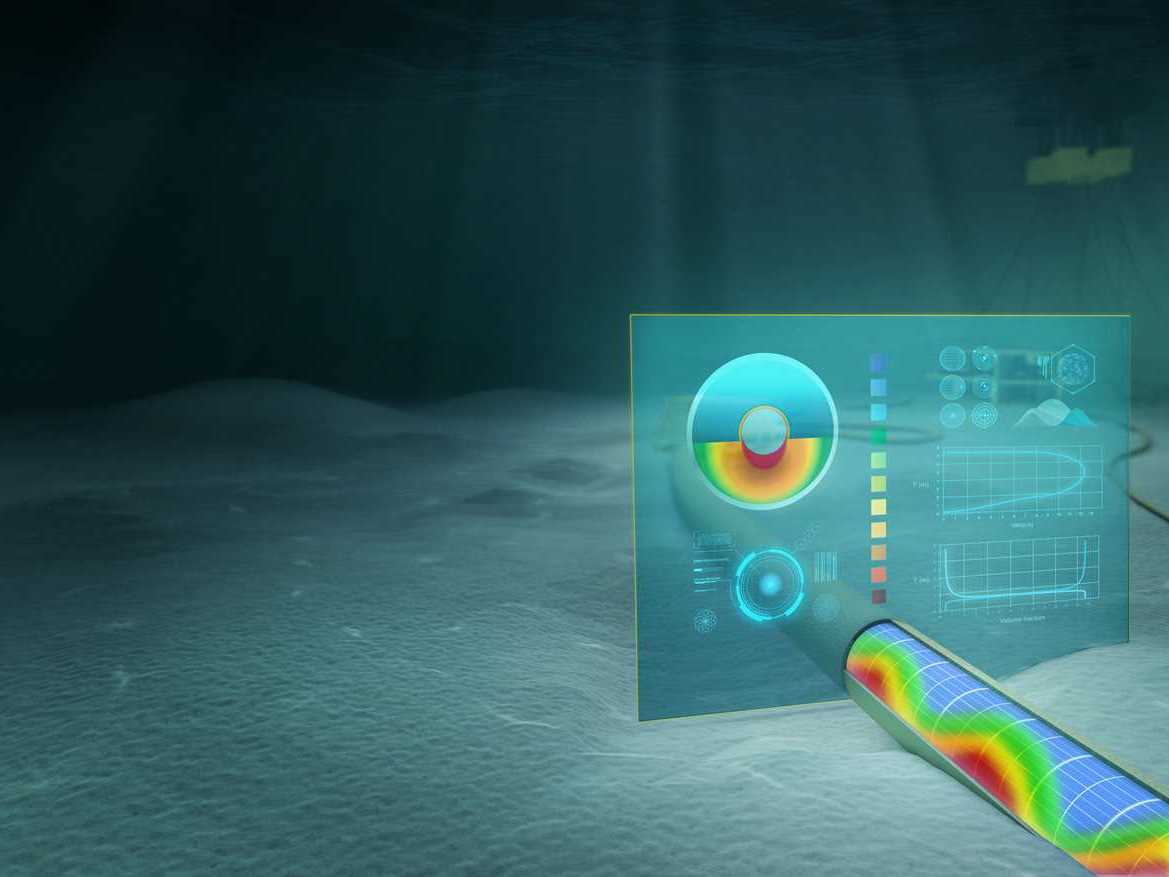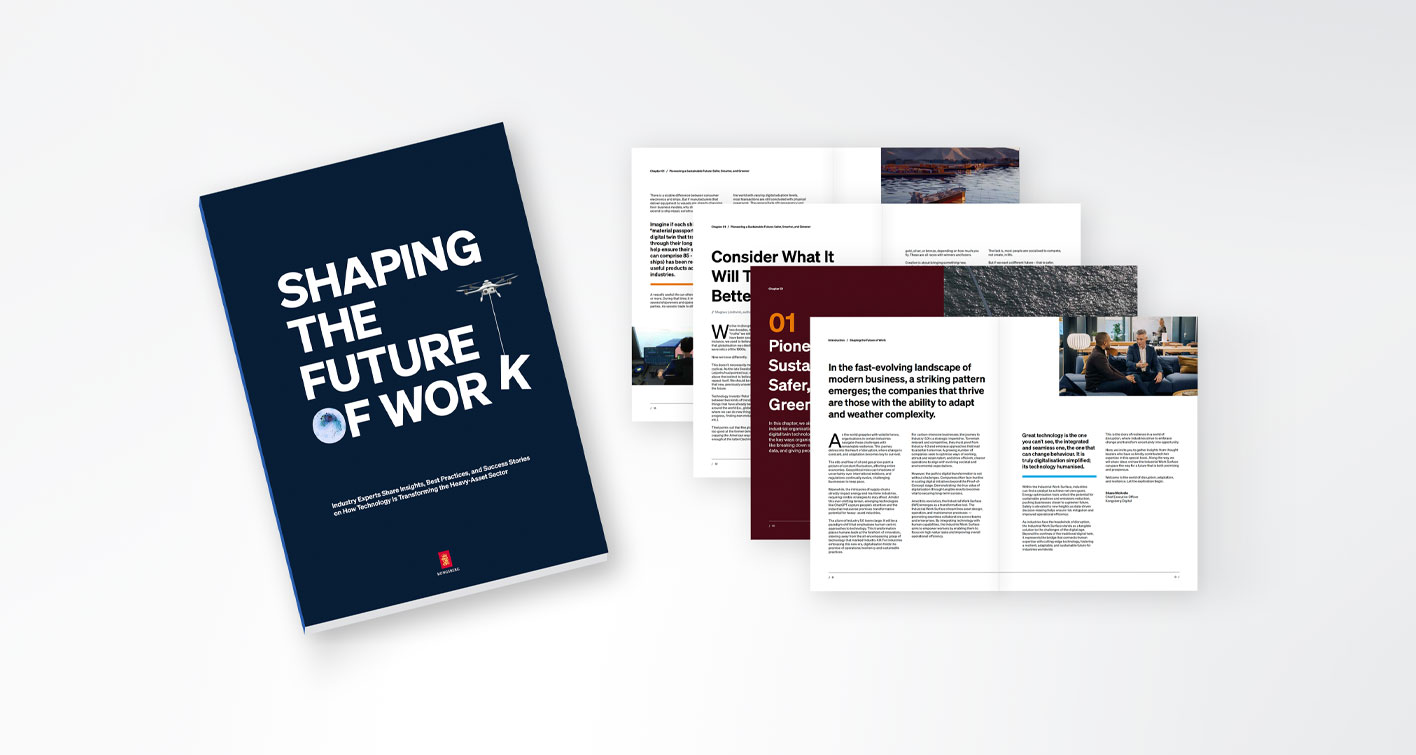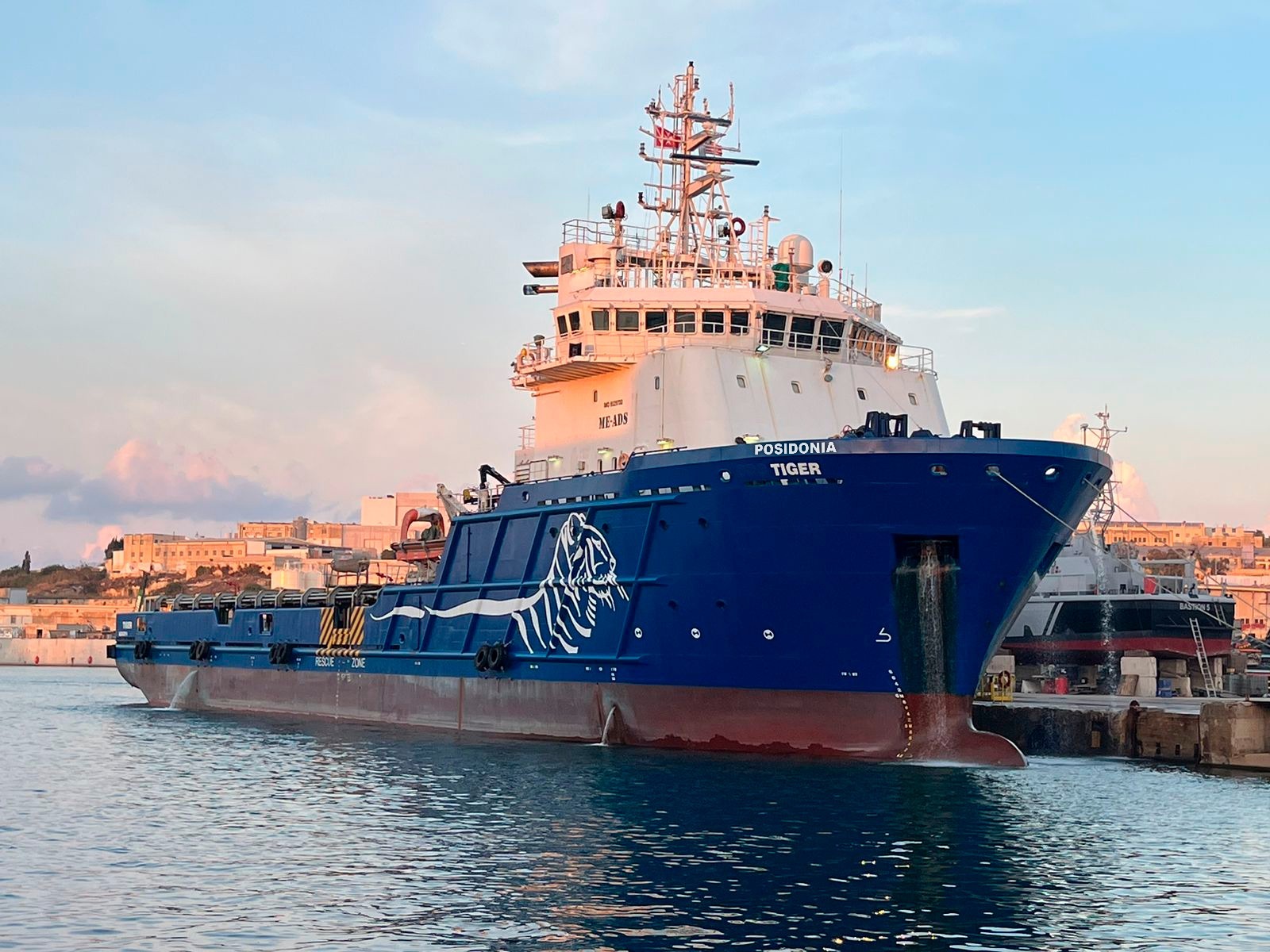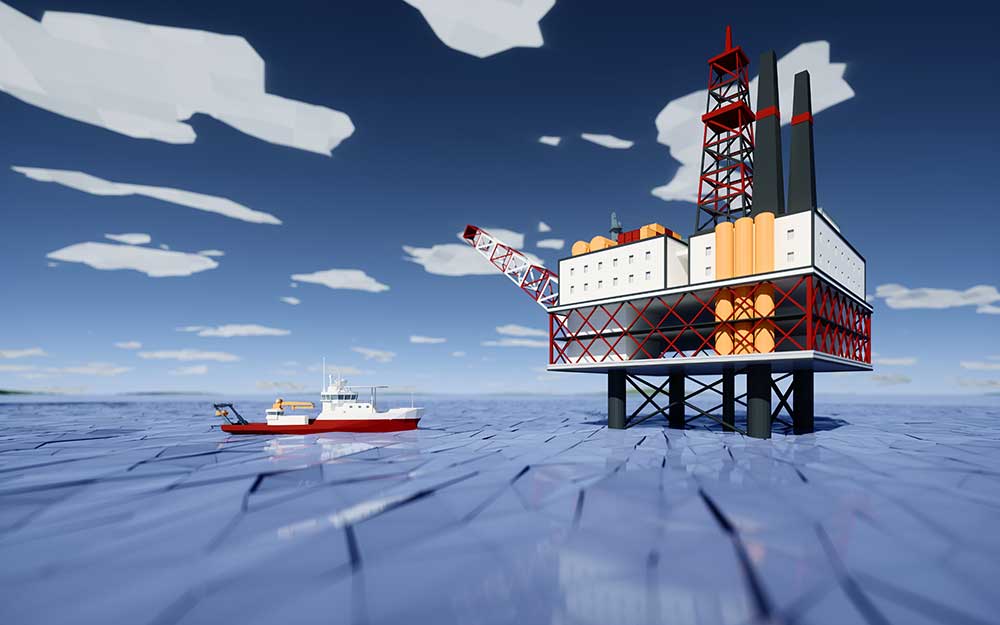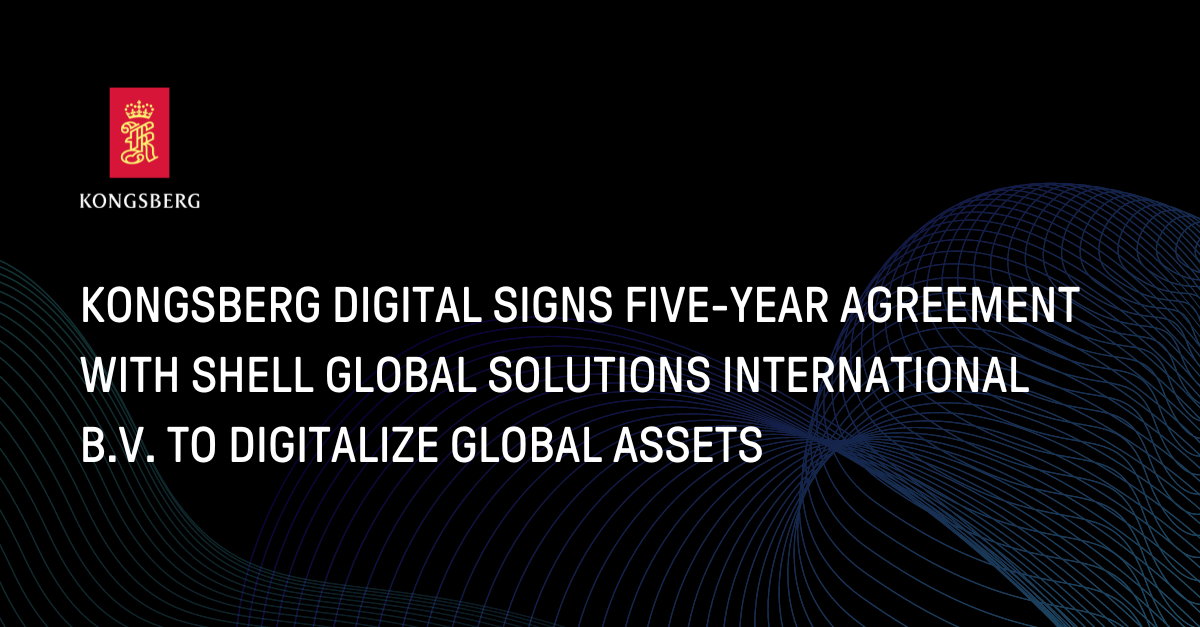

- Products
- By Industry →
- Energy →
- Oil & Gas
Lorem ipsum dolor sit amet consectetur. Donec lorem ultrices magna massa vulputate
- Renewables
Lorem ipsum dolor sit amet consectetur. Donec lorem ultrices magna massa vulputate
- Maritime →
- Merchant Marine/Shipping
Lorem ipsum dolor sit amet consectetur. Donec lorem ultrices magna massa vulputate
- Offshore
Lorem ipsum dolor sit amet consectetur. Donec lorem ultrices magna massa vulputate
- By Business Function →
- By Solution →
- All Resources →
- Blogs →
- News →
- Trust Centre →
- Legal →
- Kognifai maritime ecosystem →
- Terms of use →
- Support & SLA →
Lorem ipsum dolor sit amet con sectetur done.
- Kognitwin Energy →
- Terms of use →
- Support & SLA →
Lorem ipsum dolor sit amet con sectetur done.
- Compliance →
- Security →
- Privacy →
- All Resources →
- Trust Centre →
- Legal →
- Kognifai maritime ecosystem →
- Terms of use
- Support & SLA
Lorem ipsum dolor sit amet con sectetur done.
- Kognitwin Energy →
- Terms of use
- Support & SLA
Lorem ipsum dolor sit amet con sectetur done.
- Compliance
- Security
- Privacy
- Use cases
- Resources
- Why Kongsberg Digital?
- Contact

June 25, 2024
Join us at Future Oil and Gas (Aberdeen)
June 25, 2024
Join us at Future Oil and Gas (Aberdeen)



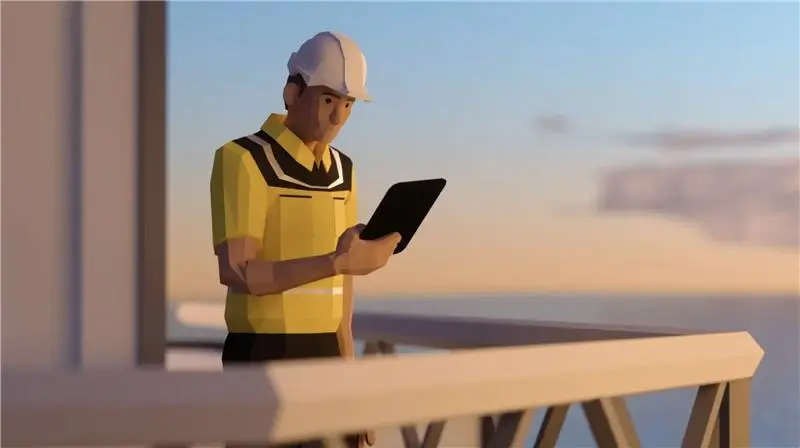





.jpg)





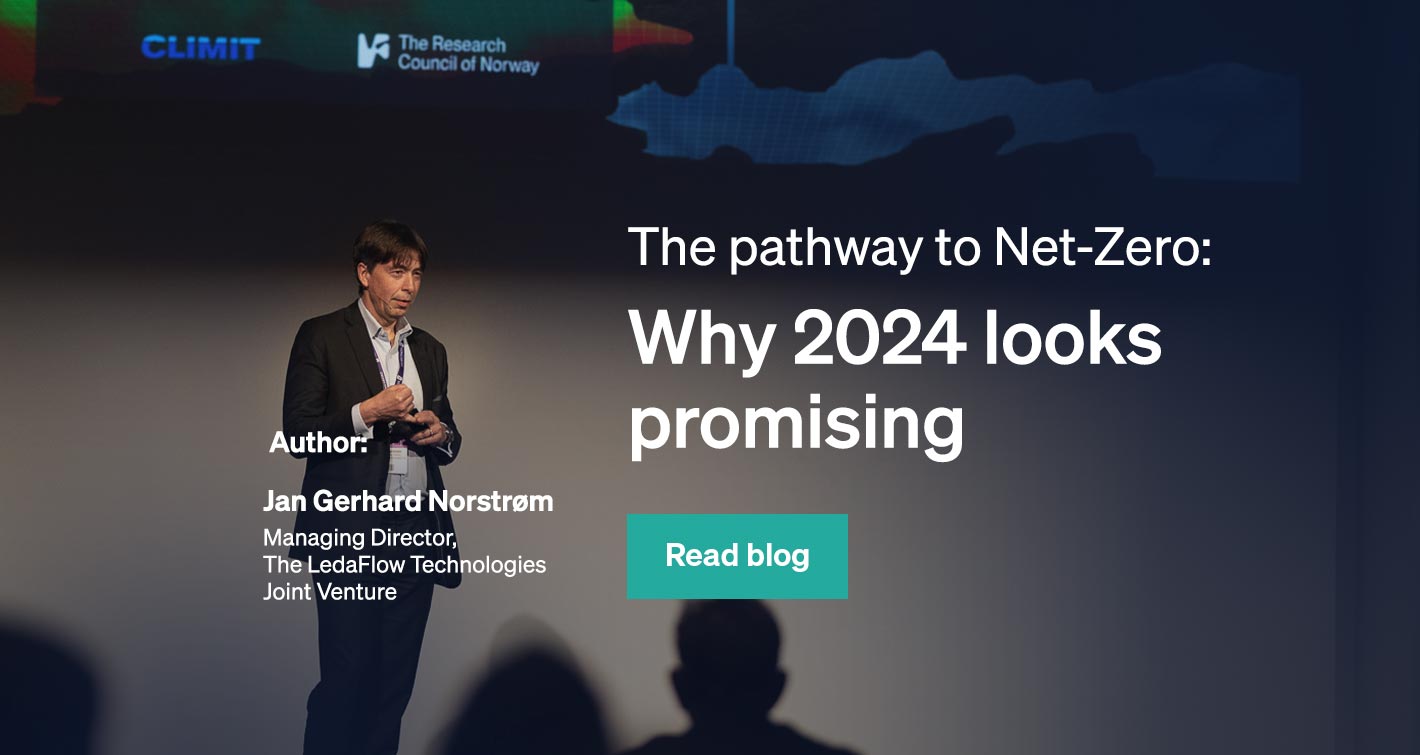



.jpg)
.WEBP)





.png)





















































